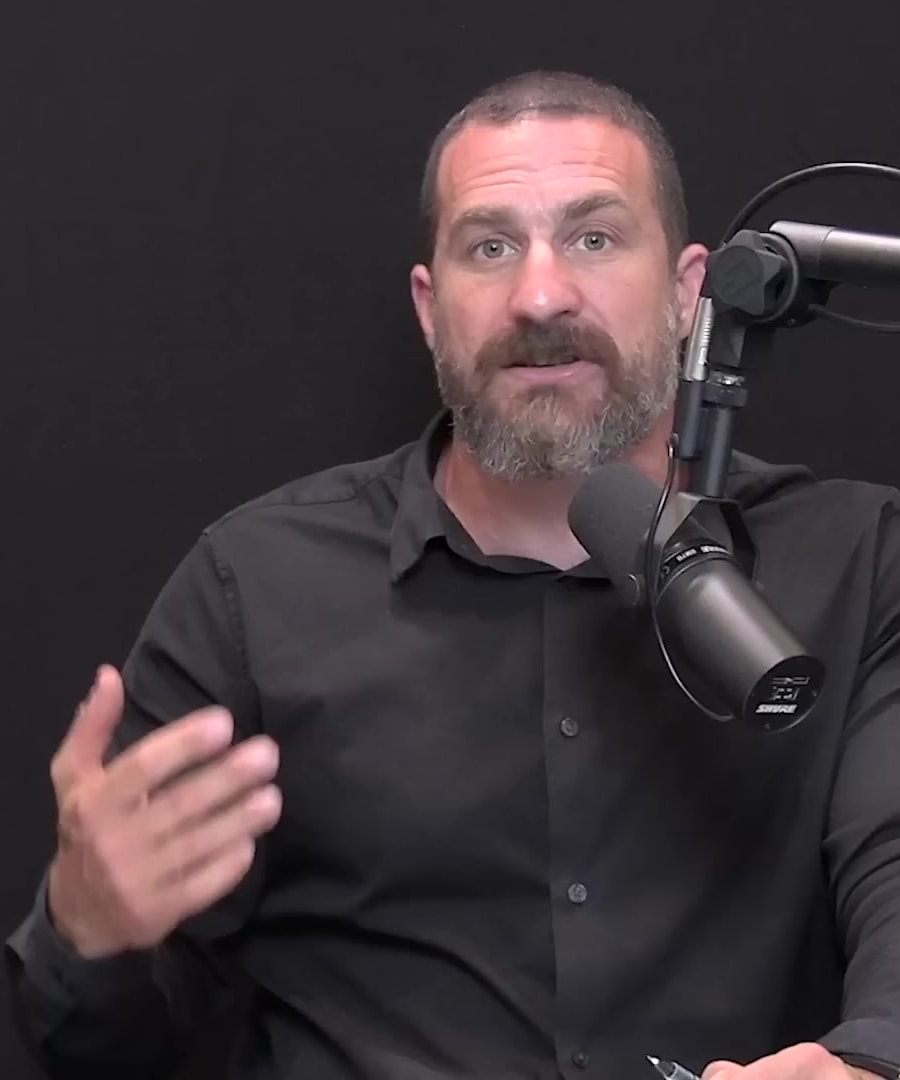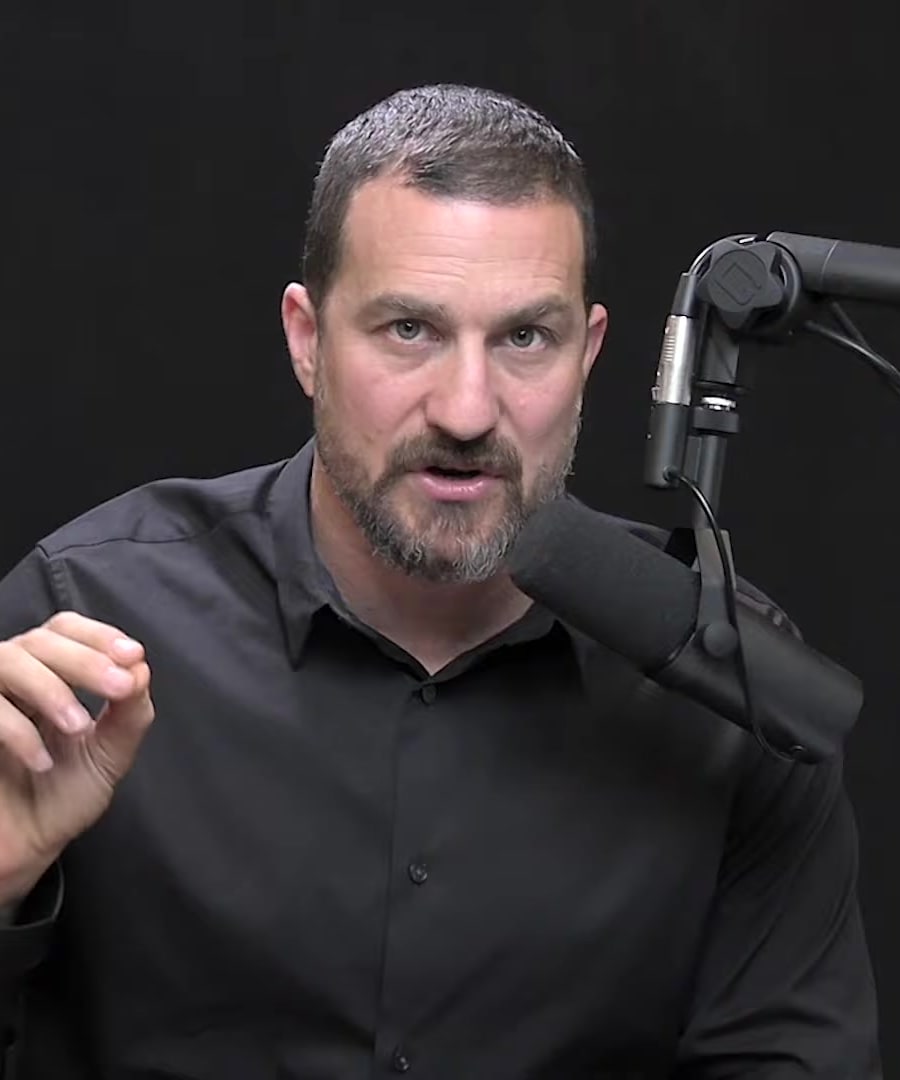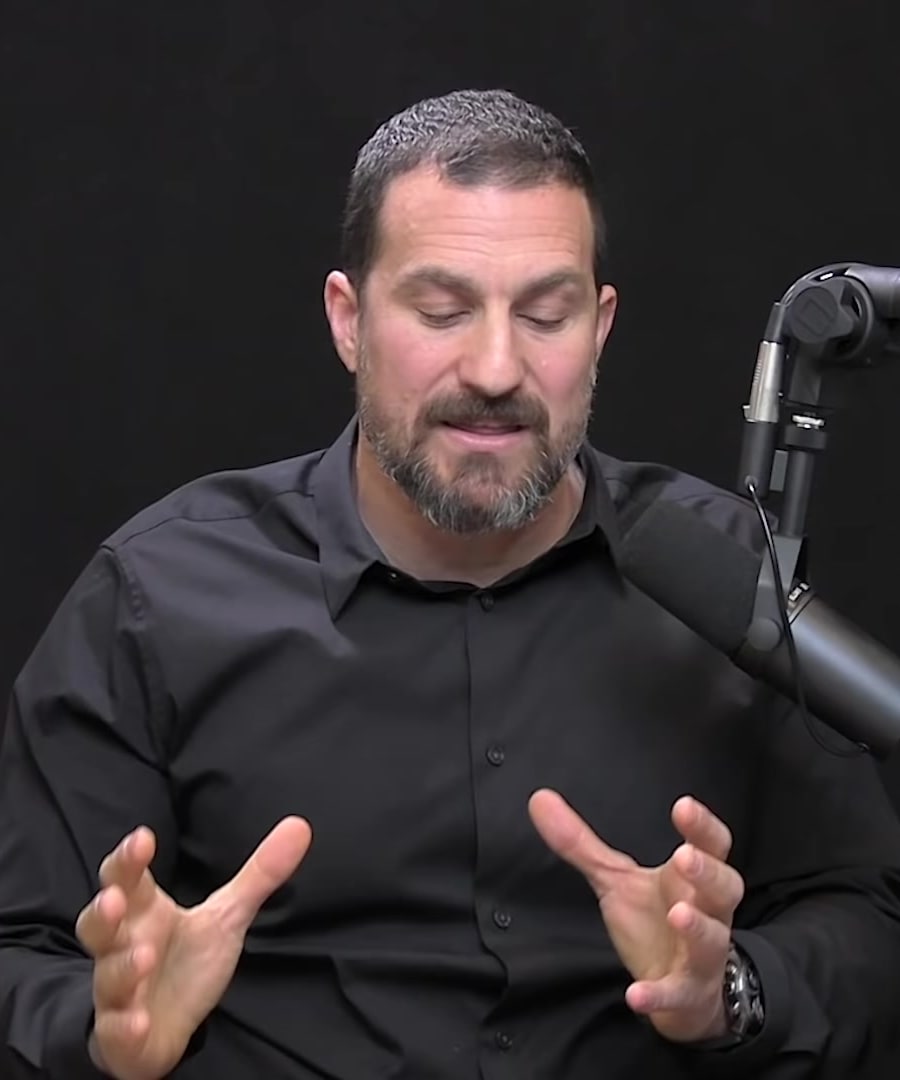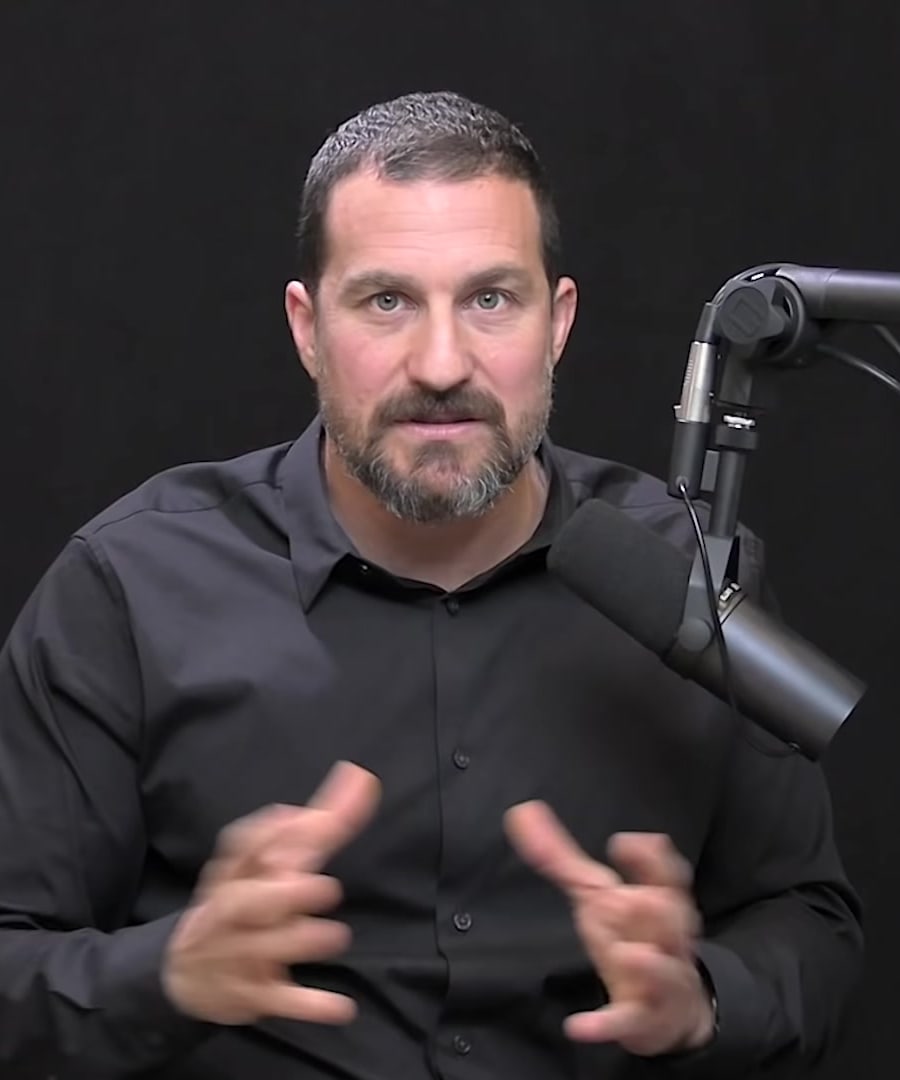Why is bright light at night bad for sleep?
Sources:
Bright light at night is detrimental to sleep because it suppresses the release of melatonin, the hormone that helps you feel sleepy and fall asleep. advises avoiding bright artificial lights between 10:00 p.m. and 4:00 a.m., as these can disrupt sleep quality. This is partially due to the location of specific light-sensitive cells in the retina, which are more receptive to overhead light, akin to sunlight during the day. Therefore, bright overhead lights at night can mimic the effects of sunlight, interfering with the natural circadian rhythms that prepare the body for sleep 1.
The sensitivity of the eyes to light increases as the day progresses, meaning that exposure to even low-intensity light after 8:00 p.m. can shift the circadian clock, further emphasizing the need to avoid bright light at night. also notes that getting afternoon light can decrease the sensitivity of the eyes, providing slight leeway for light exposure late at night without severely disrupting your circadian rhythm, but this does not fully negate the negative effects of nighttime light exposure 2.
Another crucial aspect highlighted by is the role of bright nighttime light in suppressing dopamine release—a neuromodulator connected to mood, learning, and mental health. Light exposure during the critical period of 11:00 p.m. to 4:00 a.m. can trigger activation in the brain's habenula or "the disappointment nucleus," leading to decreased happiness and potential depression. Dimming the lights or using blue blockers can mitigate these effects if nighttime light exposure is unavoidable 3 4.
RELATED QUESTIONS
Why is bright light at night bad for sleep?
- RELATED QUESTIONS



